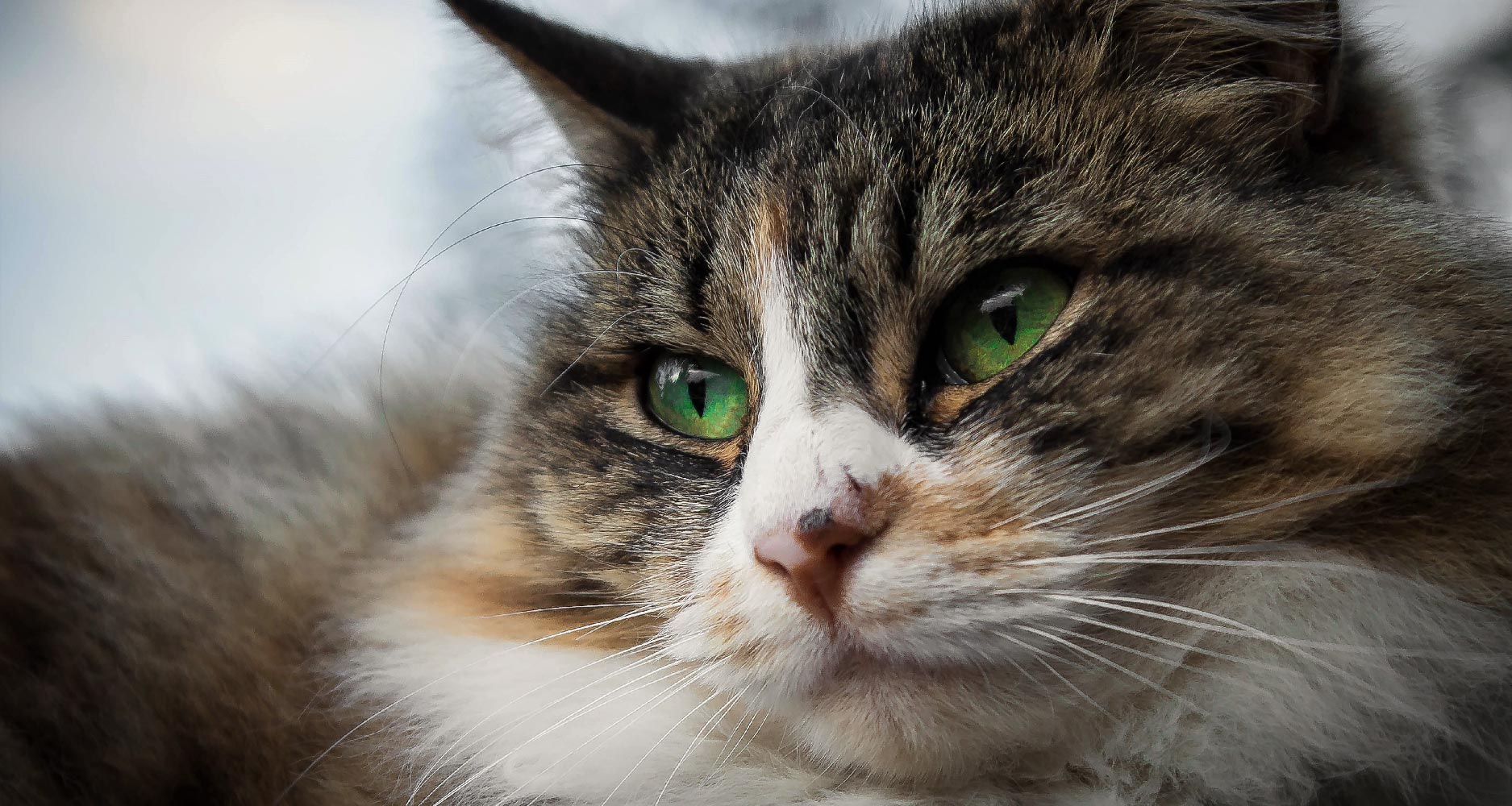HEALTH & WELLNESS

VOTING BOOTH

TRENDING

LIONS FOUNDATION OF CANADA DOG GUIDES
Lions Foundation of Canada Dog Guides and its founding program, Canine Vision Canada, was established in 1983. It’s the largest school of its kind in Canada with its training school in Oakville and breeding facility in Breslau.
The Importance of Catching and Diagnosing Diabetes in Cats Early

Unfortunately, diabetes cannot be cured. That’s why it’s very important to look out for signs of diabetes in cats so you can act early. A healthier and longer life is possible with treatment and proper management of the disease.
What Increases the Risk of Diabetes in Cats?
Here’s an overview of risk factors.
Age
Diabetes is more common amongst middle-aged and older cats. Average diagnosis age: 10. Peak incidence: 9 to 13 years.
Weight
Diabetes is more common in overweight and obese cats.
Dry Food Diet
New research suggests that a dry food diet in cats with appropriate body weight is a significant risk factor.
Sex
Male cats tend to be more prone to diabetes.
Neutering
Neutering needs to be mentioned as a risk factor in male cats, BUT the benefits of neutering FAR outweigh the risks.
Physical Inactivity
Moderately active and inactive cats are at increased risk of developing diabetes.
Breed
It has been reported that Burmese cats are at higher risk of developing diabetes.
Certain Medications
Steroids can be VERY effective but UNNECESSARY corticosteroid treatment can increase the risk of diabetes.
Why is it Important to Catch Diabetes in Cats Early?
Wellness and well-being can be promoted with early diagnosis and treatment.
Steps for approaching diabetes in cats:
- Detect the disease early
- Understand the disease
- Provide appropriate, customised care
- Continue to monitor and manage the disease
What Can Happen When Diabetes in Cats is Not Treated and Managed?
Untreated diabetes in cats can lead to:
- Malnutrition
- Increasingly weak legs due to nerve damage in the hind limbs (results in a plantigrade stance)
- Diabetic ketoacidosis(DKA): a deadly medical emergency
- Death
Act Now
Don’t wait for the severe signs and symptoms of diabetes to surface. Contact your vet if you notice any of these early signs of diabetes in cats: increased thirst, increased urination, weight loss and increased appetite.
Related Articles








